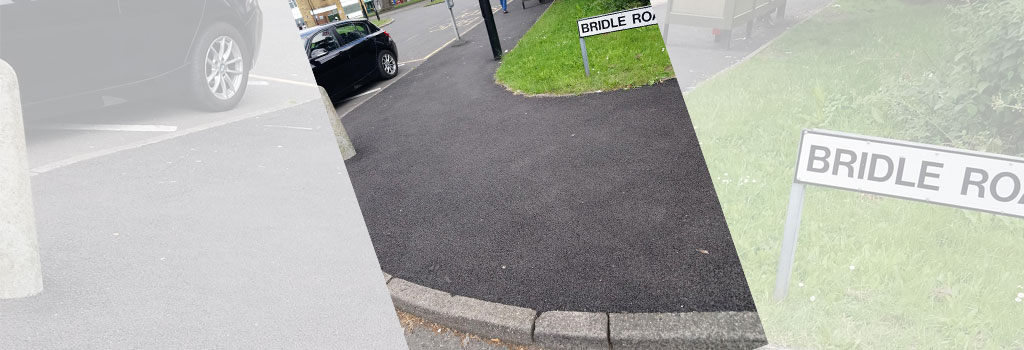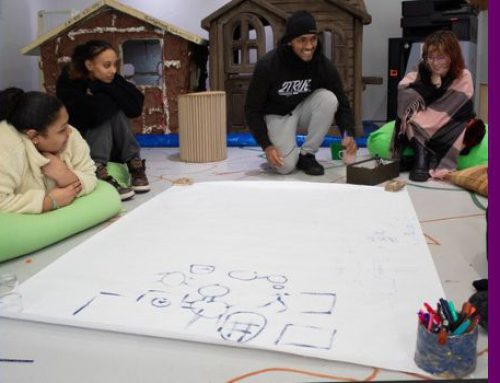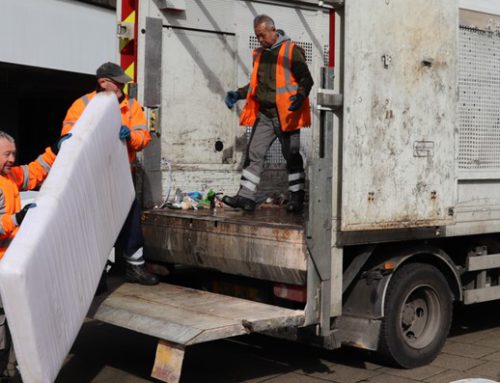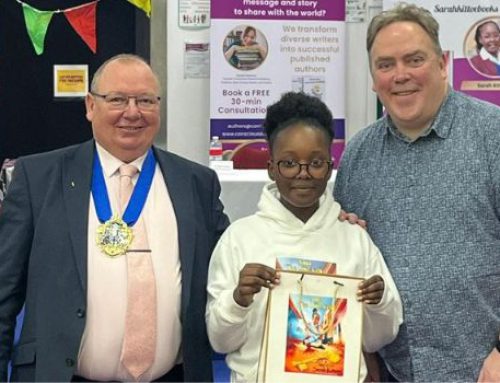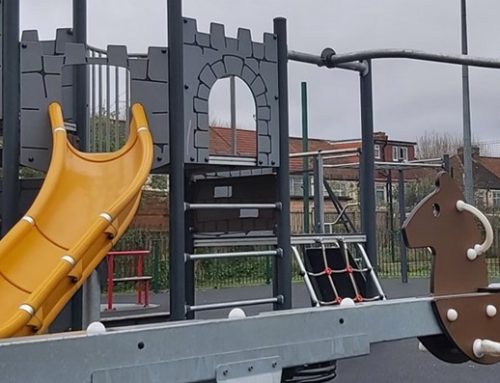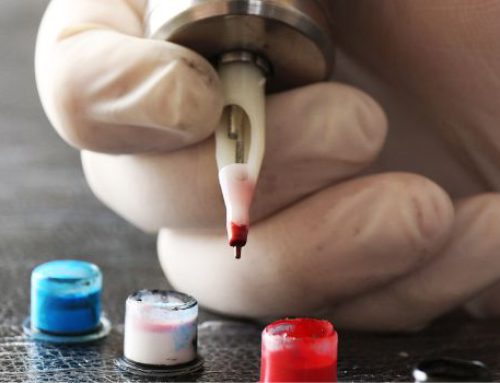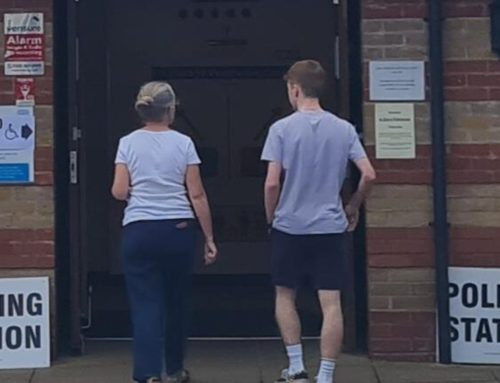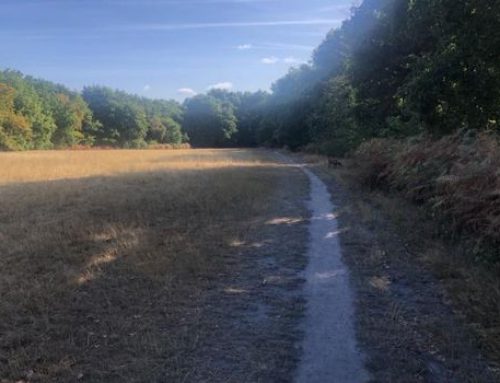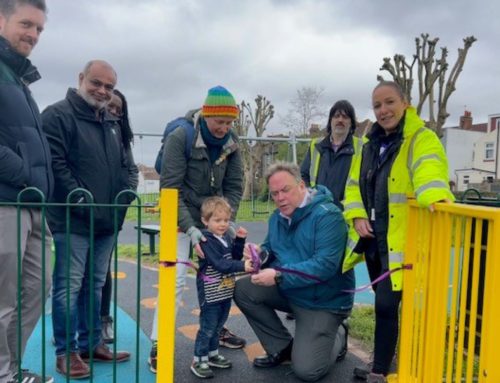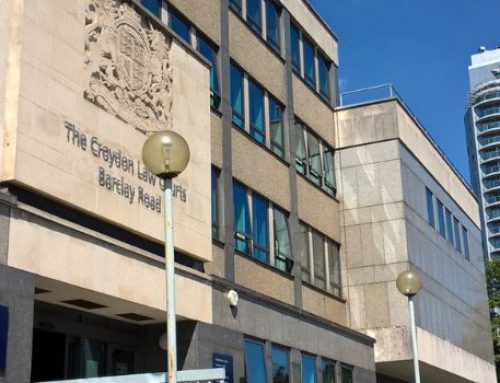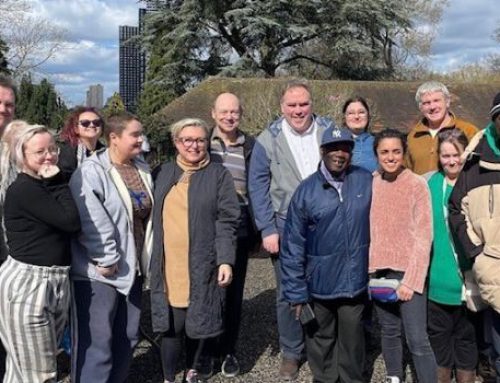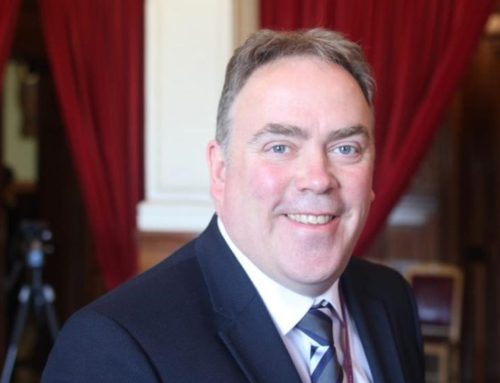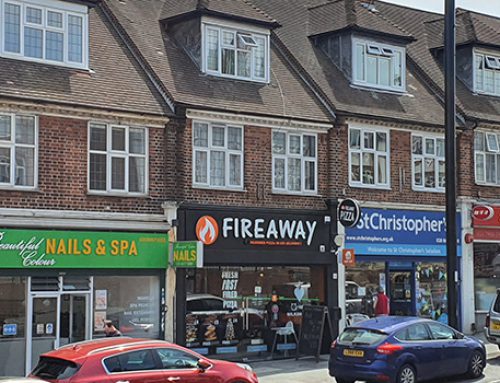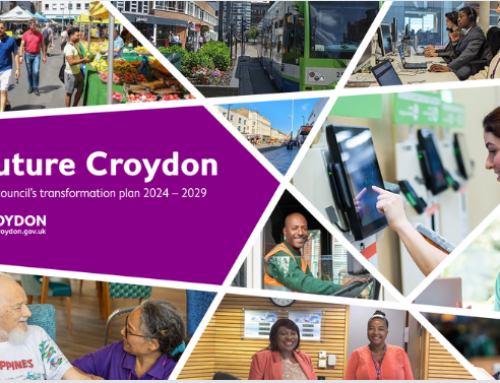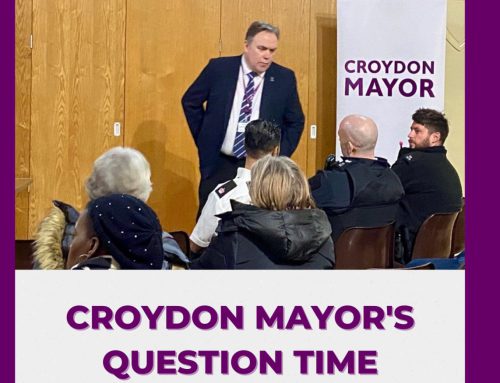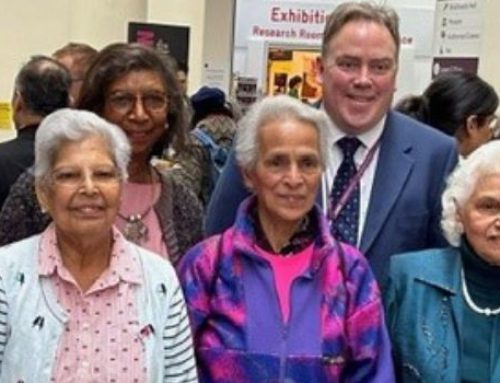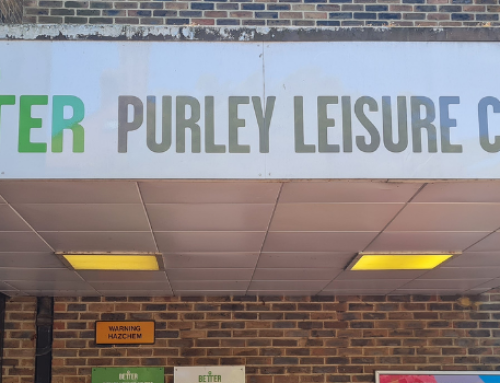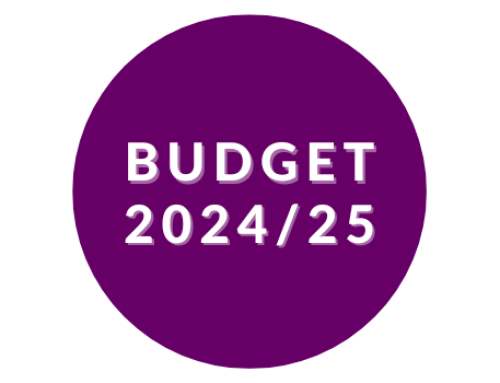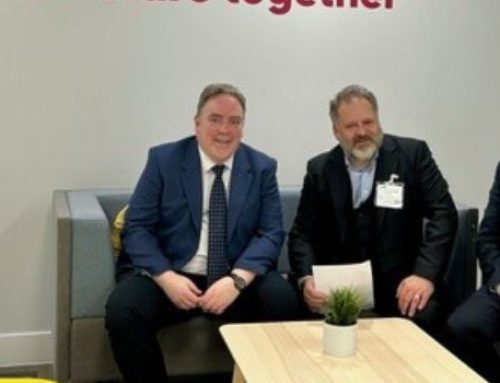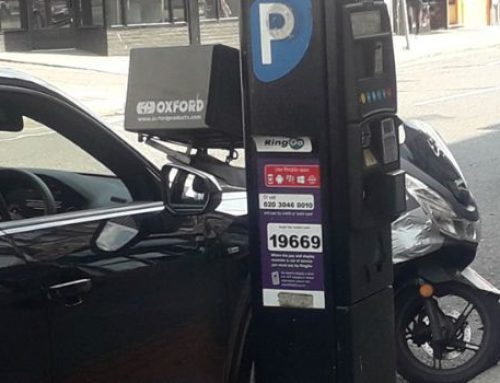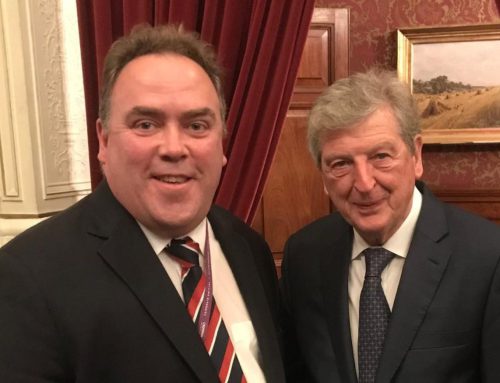Potholes across the borough are being repaired quicker and more efficiently using a cutting-edge machine to microwave and fix the defects.
The thermal technology allows contractors to heat the existing damaged road material until it is soft enough to be reshaped as a partial filling for the pothole, speeding repair times by up to 40%.
Croydon Council has so far trialled the method on potholes up to 11cm deep along 10 streets across the borough, covering a total length of road and pavement equivalent to 2,255 metres in areas including Shirley, Coulsdon, Purley and Kenley.
This method saves time through:
- Not needing to take away old material
- Not needing to source as much new road material
- Needing fewer trips to the depot, thereby staying on the streets longer to do more potholes
- Covering 70 square metres of road length a day, compared to 35 square metres a day through usual pothole repairs.
The trial scheme saved almost £2,000 compared with the traditional pothole-filling process by treating more, shallower potholes in a single stretch of road and by halving the amount of money spent on new road materials.
In addition, carbon emissions are reduced by removing the need for power tools which use fossil fuels. This also means the new thermal method is quieter and more suitable for repairs in areas of the borough where noise pollution is an issue.
The council is now considering where to do more repairs using the newly-introduced technology alongside the usual method, which works best for deeper pothole repairs.
If you see a pothole you can report it online or on 020 8725 2816.
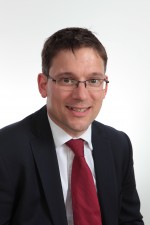
“This cutting-edge technology has already had a significant impact with more potholes filled in a shorter time.
“Thousands of journeys are made on our roads every day and we will do anything we can to keep the borough moving.
“Using a mix of the greener, more cost effective technology together with traditional means allows our contractors to quickly fix potholes using the most appropriate methods.”
Councillor Stuart King, cabinet member for environment, transport and regeneration

